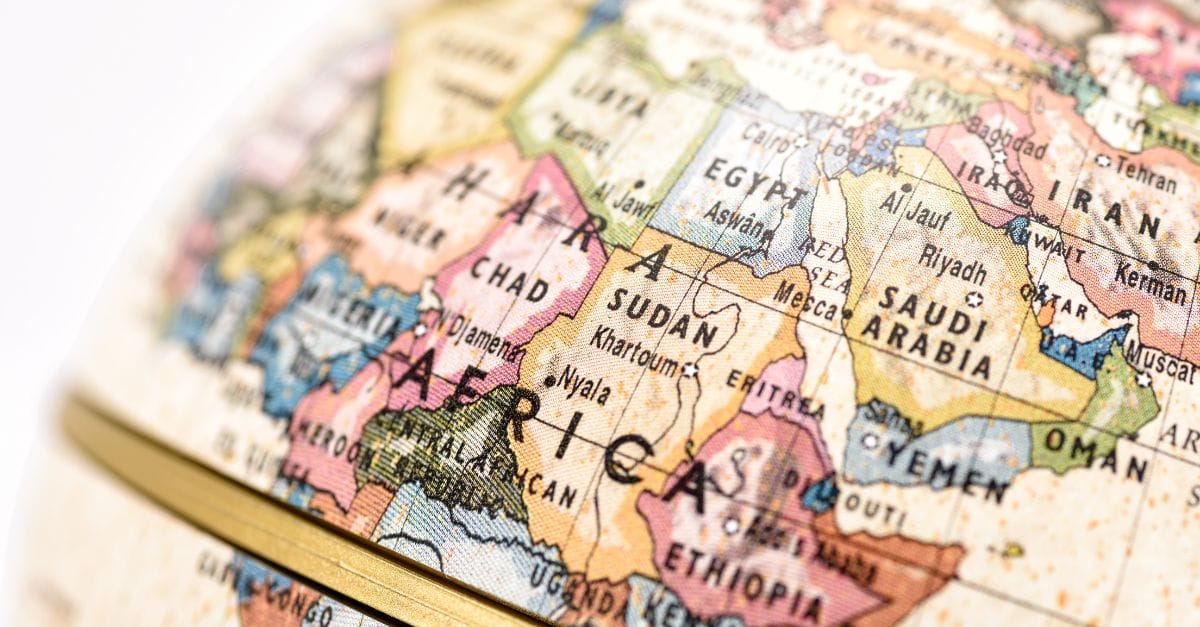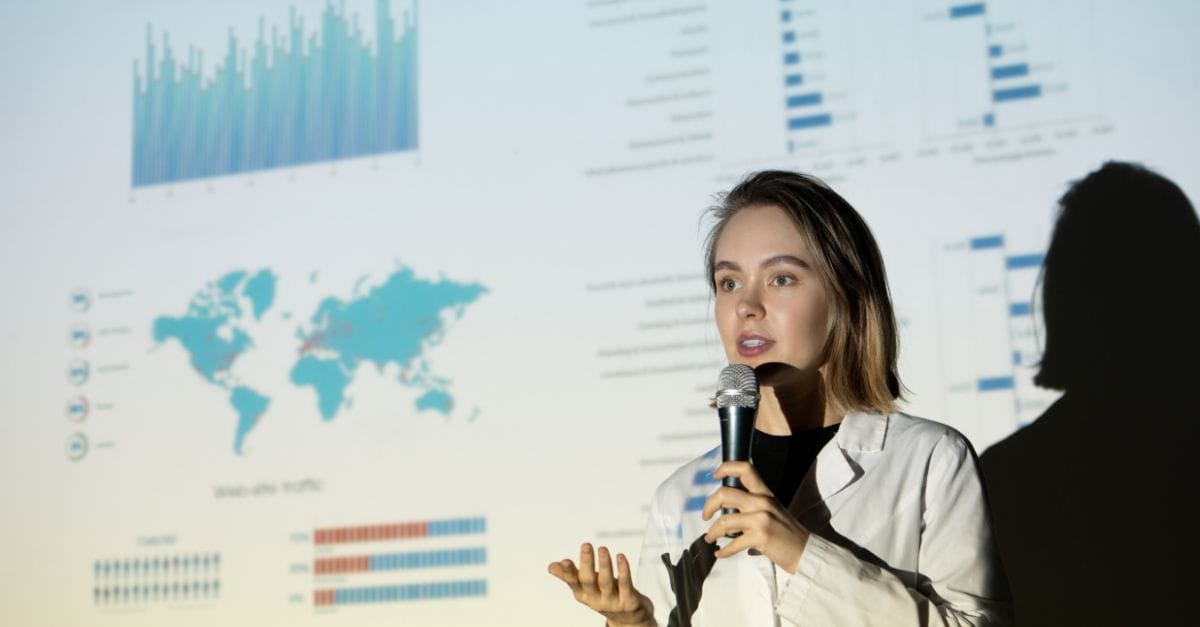Kenya Leads African Startup Funding in 2025 as Big Four Dominate
Kenya emerged as Africa’s most funded startup ecosystem in 2025, reinforcing its position at the centre of the continent’

As Africa’s innovation economy accelerates, intellectual property (IP) has become one of the most decisive factors influencing whether a startup scales, survives or gets outpaced by better-protected competitors. From fintech to artificial intelligence (AI), mobility and creative industries, founders now operate in an environment where product defensibility is increasingly tied to the strength of their patents, trademarks and digital rights.
For investors and venture capitalists (VCs), IP has shifted from being a legal afterthought to a critical measure of operational maturity. In due diligence processes, the question is no longer “Do you have a trademark?” but rather “Is your IP portfolio structured to survive cross-border expansion, partnerships, and future funding rounds?” Weak or poorly structured IP can directly erode valuation, complicate exits and expose founders to costly disputes.
Africa’s fragmented legal frameworks—spanning national systems alongside the two major regional bodies, ARIPO and OAPI—mean startups must navigate a complex patchwork of legislation. Enforcement remains uneven, costs can be prohibitive, and registration timelines vary widely. Yet with the right strategy, founders can build robust protection that scales across multiple markets and significantly enhances investor confidence.
This guide provides an updated 2025 overview of the IP landscape across the continent, outlining key challenges, the major regional systems, national considerations and practical steps for founders preparing to register, enforce or commercialise their IP assets.

Despite quick progress across the continent, startups still face several structural challenges when navigating African IP laws:
Africa is not a harmonised IP region. While ARIPO and OAPI simplify multi-jurisdictional filings, individual countries maintain their own legislation, examination standards and enforcement mechanisms. A trademark valid in South Africa is not automatically protected in Kenya, Ghana or Nigeria unless filed through the correct regional or national pathway.
Registering a patent across 10 or more African markets can cost tens of thousands of dollars—well beyond the reach of many early-stage teams. Even trademark protection across multiple classes becomes expensive when factoring in agent fees, designation fees and renewals.
Many jurisdictions lack the resources, judicial capacity or digital tracking systems needed to enforce IP rights consistently. Startups expanding into new markets often discover imitation brands, counterfeit products or cloned software with limited recourse unless they have proactive legal strategies in place.
Patent and trademark registrations can take anywhere from 12 months to more than three years. Delays are common, especially in countries with manual filing or backlogged examination offices.
These issues underscore why IP strategies must be built early, budgeted realistically and executed with regional expansion in mind.
Given the continent’s fragmented regulatory environment, patent protection is governed by a combination of national laws and two primary regional bodies: the African Regional Intellectual Property Organisation (ARIPO) and the Organisation Africaine de la Propriété Intellectuelle (OAPI).
South Africa, the continent’s most mature IP jurisdiction, operates its own national system, the Companies and Intellectual Properties Commission (CIPC).
Each system has its own strengths, limitations and procedural nuances. For founders, knowing where and how to file patents or trademarks can significantly reduce costs and avoid future disputes.

ARIPO supports cooperation among member states on patents, industrial designs and trademarks. Its membership includes markets such as Kenya, Lesotho, Eswatini, Liberia, Zimbabwe, Somalia and several others.
Why ARIPO Matters for Startups
ARIPO’s Banjul Protocol allows startups to file a single trademarks application that can extend any combination of designated member states, streamlining what would otherwise be a costly multi-country process.
Key facts for startup founders:
How to File a Trademark Through ARIPO
Startups can submit trademark applications either directly to ARIPO or through the national IP office of a member state. Foreign applicants without local presence must appoint an authorised trademark agent or legal representative.
Required Documents
Applicants must specify relevant classes under the Nice Classification system. For example, a medtech startup offering both diagnostic hardware and clinical services must file under both Class 10 and Class 44.
When submitting the application, you will need to select the member states where you require protection. The total cost of the application depends on the number of member states and trademark classes chosen. Discounts will be applied if you opt for electronic filing.
ARIPO Filing Costs Breakdown
For startups planning multi-market expansion, ARIPO can significantly reduce administrative complexity—provided founders carefully select markets based on actual go-to-market timelines.

OAPI represents 17 member states across West and Central Africa. Unlike ARIPO, OAPI operates a unitary system: filing a trademark automatically grants protection in all member states. Founders expanding into Francophone Africa often find this simplicity invaluable.
Member states include Ivory Coast, Benign, Burkina Faso, Equatorial Guinea, Mali, Senegal and others.
Trademark Registration on OAPI
OAPI registrations typically take 10-14 months, and the system supports multi-class trademark filings.
Steps to Register
Use the Department of Industrial Property Protection (DPI) database to search for any potential trademark conflicts.
OAPI adheres to the Nice Classification system.
When filling in the application form, you need to provide accurate details about your trademark and its intended use. The form requires the following:
OAPI Fee Structure
Although more expensive than ARIPO at the entry point, OAPI’s automatic multi-country protection can be far more cost-effective for startups targeting several Francophone markets.
South Africa operates independently of ARIPO and OAPI. The CIPC is responsible for registering trademarks, patents, designs and copyright-related filings.
A South African trademark applies only within the country, making it essential for founders to secure separate protection in other markets.
Key IP Laws in South Africa
Patent Laws: The Patents Act No. 57 of 1978
In South Africa, patents are protected under the Patents Act No. 57 of 1978. This Act is divided into sixteen chapters and applies to all patents within South Africa including those granted before or after the commencement of the Act. Notably, South Africa operates a depository system, meaning patent applications are not substantively examined before grant. This places greater emphasis on the accuracy and defensibility of the specification submitted.
Trademark Laws: The Trademarks Act No. 194 of 1993
This Act regulates the registration, certification and enforcement of trademarks. Section 34(1)(a) defines infringement as unauthorised use of a mark in trade related to the registered goods or services.
Important Consideration for Founders: Internet-Related Trademark Rights
The CIPC highlights that a South African trademark does not grant automatic protection online or in other countries. Because the Internet is global, digital businesses must secure rights in relevant international jurisdictions.
However, as a member of the World Intellectual Property Organisation (WIPO), South Africa aligns with global trademark protection standards, including dispute mechanisms for domain names and online infringement.
Copyright remains one of the most inconsistently enforced areas of IP in Africa. Challenges include:
With the rise of AI, generative content tools and social platforms, digital IP infringements have escalated sharply. According to a report by Templars Law, companies are losing over $10 million annually because of increasing IP violations, particularly in high-growth digital industries.
For tech startups—especially those building software, platforms, or AI models—copyright must be integrated into product architecture and commercial strategy, not treated as an afterthought.

For venture funds, a well-designed IP strategy signals that a startup:
In 2025, it is increasingly common for VCs to mandate:
A strong IP portfolio not only protects innovation—it directly increases valuation and reduces investor risk.
Africa’s innovation landscape is expanding rapidly, with startups setting global standards in fintech, AI, climate-tech and creative industries. But as markets become more competitive, a robust intellectual property strategy is no longer optional—it's a strategic imperative.
Founders who understand ARIPO, OAPI and national regimes, who budget realistically for IP protection, and who integrate IP into their business and fundraising strategies will be far better positioned to scale across borders and build defensible, investor-ready companies.
For investors, strong IP protection is emerging as one of the clearest signals of long-term value creation in African startups. Ultimately, in a continent defined by speed, ingenuity and accelerating digital transformation, IP remains one of the most powerful tools for protecting the ideas shaping Africa’s future.
Subscribe to Startup.Africa's Newsletter for the Latest Startup Tech Insights and Top Business Stories Delivered to your Inbox.